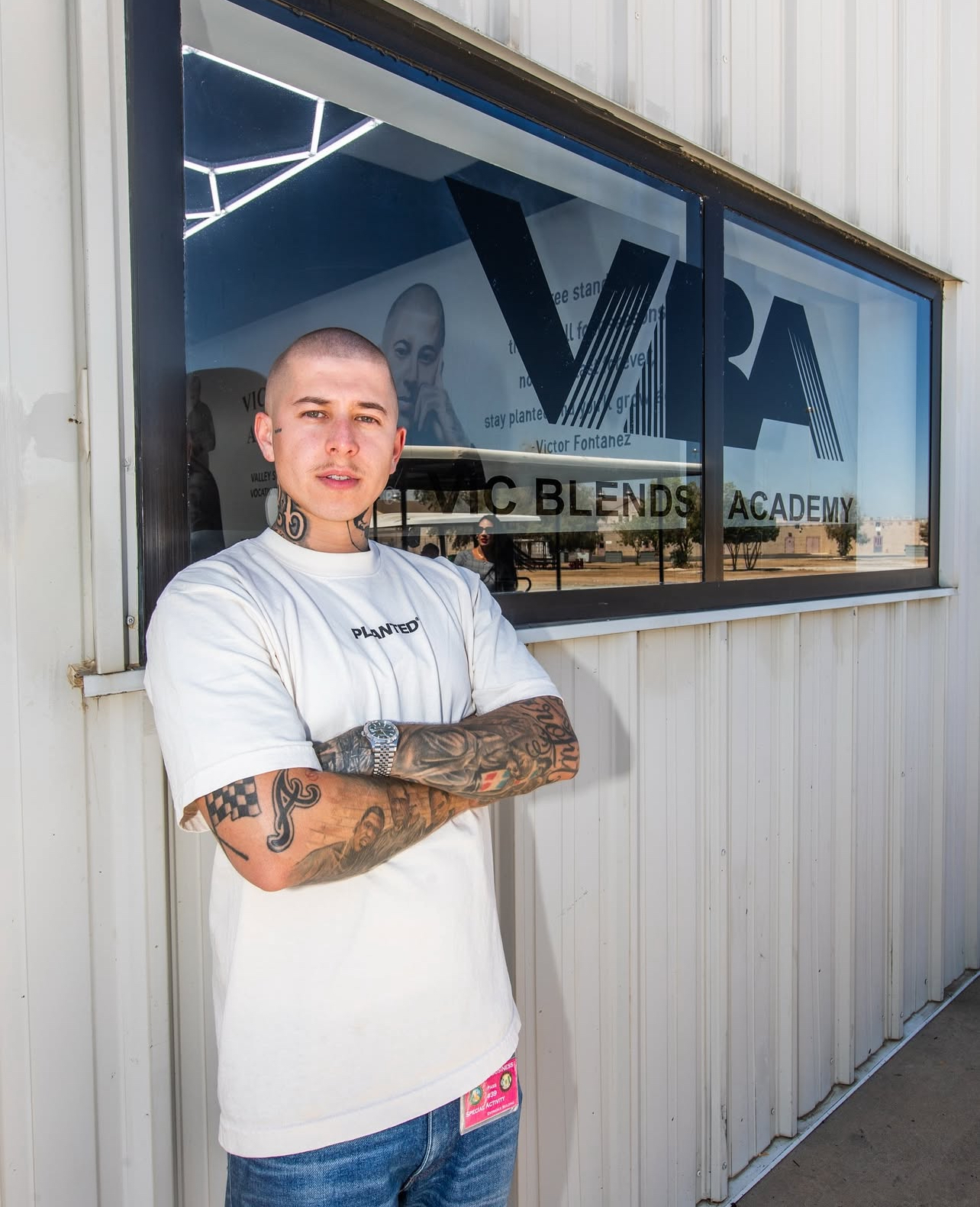He and his colleagues were looking for educational solutions, he said, “so we can really give our young people the opportunity to really succeed and achieve on equal ground with their peers.”
Just a few hours later, Bibanco, sat beside three education experts and officials in a room on the fourth floor of the Capitol. They faced the legislators on the dais; behind them was a packed house of supporters and allies.
When it was his turn to speak, Bibanco described, in a loud, clear voice, his efforts to study and improve school discipline policies in Fresno County and statewide. He read from a handwritten script, but frequently peered through dark-framed glasses to make eye contact with the legislators, including committee chairman Sandré R. Swanson.
He explained that he and his peers from S.U.C.C.E.S.S. wanted to know why so many students were dropping out of school, and being suspended and expelled.
[pullquote_right]”But the color of our skin can not be the deciding factor of our success.”[/pullquote_right]
“Why are so many young people of color like me not getting the opportunity to fulfill their potential?” he asked.
Through focus groups and community discussions, he said, the youth group learned that, school discipline policies are “implemented inconsistently.”
“In our current discipline model, there is much left up to teacher discretion as to what constitutes willful defiance, or what type of behavior is hostile,” he said.
Legislators are taking the concerns of Bibanco and other young men seriously.
Based on hearings held over the past year in Sacramento, Oakland, Los Ángeles, Fresno and Coachella, the committee has released a draft policy platform with recommendations for improving education, health, employment, juvenile justice, and youth development for young men of color.
And the stakes are high.
More than 70 percent of Californians under 25 identify as people of color so, “addressing racial disparities and the systemic barriers that limit the success of Californians is not merely a matter of fairness and equality — it is essential to the economic strength and competitiveness of the state,” the report concludes.
“Meanwhile, maintaining the world’s largest and most expensive prison and jail system, which is disproportionately filled with young men of color, now prevents our state from meeting many essential services all Californians count on.”
But Pedro Gómez, 16, might have best characterized the disparities — and the urgency of resolving them. Gómez will be a junior at Sunnyside High School in Fresno and is a member of the Youth Leadership Institute.
“Being boys and men of color does mean that my peers and I have extra obstacles that we face in life,” he said during his testimony. “But the color of our skin can not be the deciding factor of our success.”
[box_light]Contact the reporter at [email protected]Please visit these links for more news coverage:
Vida En El Valle, Rebecca Plevin
Harvesting Health
Alliance for Boys and Men of Color
http://www.allianceforbmoc.org/
[/box_light]


